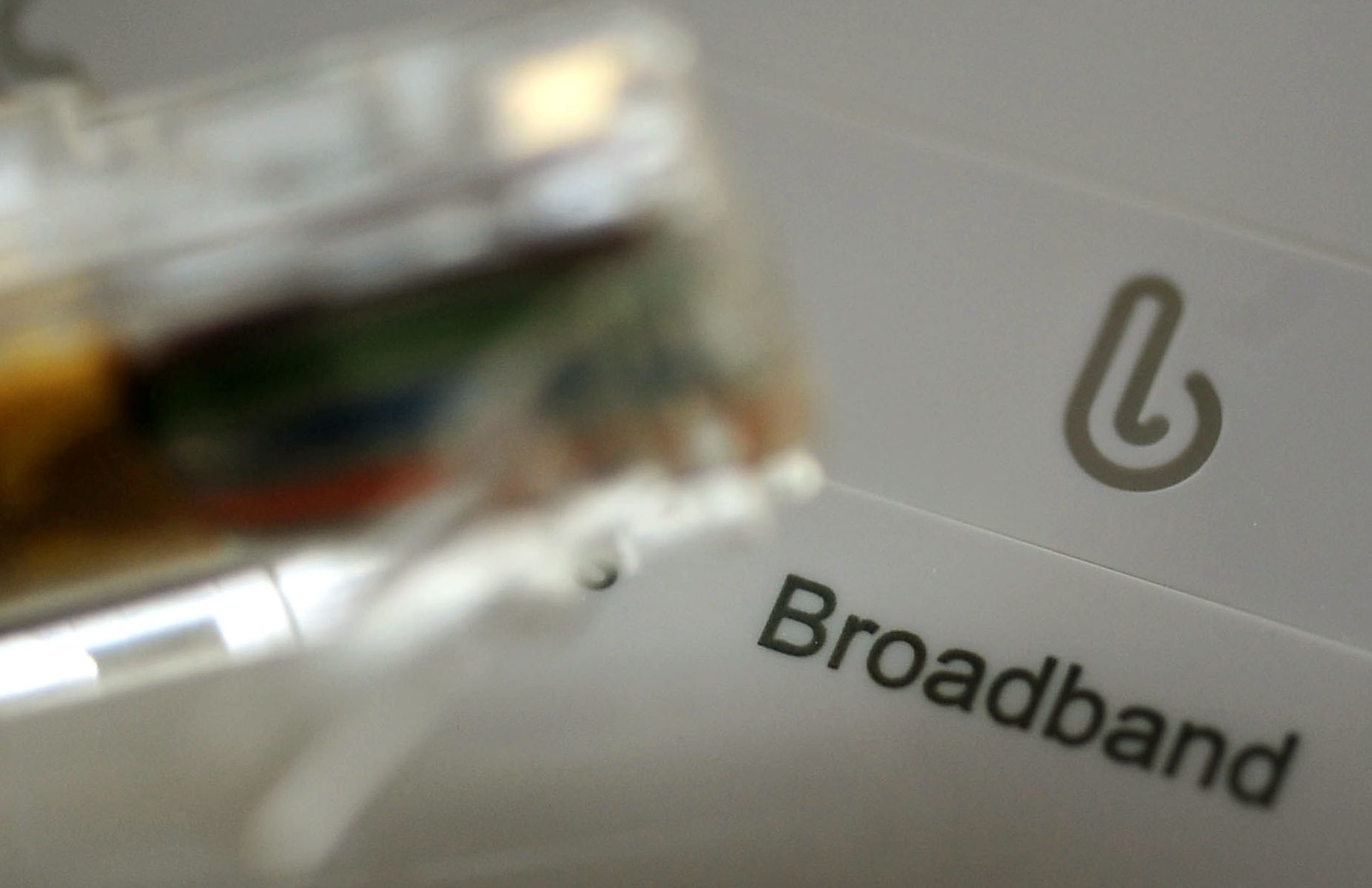
Two-thirds of consumers have had a problem with their broadband in the past year and “too many” still do not receive speeds needed for basic online tasks, a survey has found.
Some 90% of people now believe broadband is essential, more than the 74% who think the same of a mobile phone, a television (73%) or a car (68%), while only housing, energy, food and running water are considered more important, consumers’ association Which? said.
However, 68% have experienced a problem with their broadband in the past 12 months, such as slower speeds from a few minutes to up to a day (36%), intermittent connection drop-outs (35%) and slower speeds for a day or more (25%).
The Queen’s Speech in May included plans to give every household a legal right to high-speed broadband and the Government expects an initial minimum download speed of at least 10 megabits per second (mbps) by 2020 under the new universal service obligation included in the Digital Economy Bill.
But Which? found that three in 10 people were getting download speeds below 10 mbps at the time of the survey in mid-September.
It is calling for automatic compensation for those whose broadband speed falls below expected levels or drops out entirely.
Alex Neill, Which? managing director of home and legal services, said: “This research underlines again just how important broadband is to our everyday lives. Yet many of us are still experiencing persistent service interruptions and a large proportion of the population can’t access usable speeds to carry out the most basic tasks.
“The government must urgently press ahead with its reforms to give us the faster and more reliable broadband connections we all need.”
Populus, carrying out the survey for Which?, surveyed 2,107 households online on September 13 and 14.
READ MORE
Superfast broadband roll-out on track in Scotland but with ‘costly challenges’ ahead
Internaut Day: 25 things the Internet has given us… some of which are useful

Enjoy the convenience of having The Sunday Post delivered as a digital ePaper straight to your smartphone, tablet or computer.
Subscribe for only £5.49 a month and enjoy all the benefits of the printed paper as a digital replica.
Subscribe